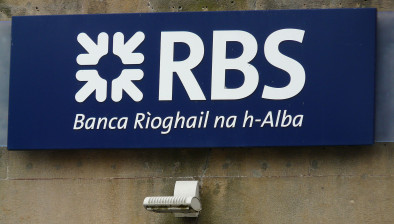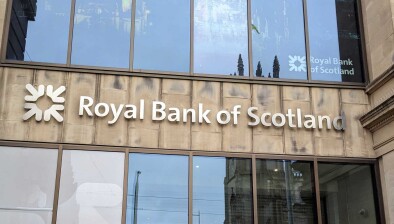RBS: Service sector boosts Scottish private sector growth in April

Judith Cruickshank
Output for Scotland’s private sector grew marginally in April, along with the third consecutive monthly rise in new business, according to the Royal Bank of Scotland Business Activity Index.
The seasonally adjusted index, that measures the month-on-month change in the combined output of the region’s manufacturing and service sectors, ticked up slightly from 53.6 in March to 53.8 in April, thereby signalling the sharpest rise in Scottish private sector output since April 2023.
The service sector primarily drove this growth, compensating for a decline in manufacturing. This divergence between the two sectors was one of the largest recorded in over 26 years.
Manufacturers experienced a drop in new orders, while services saw a rise in inflows of new work. Despite a third consecutive monthly rise in new business, Scotland lagged behind the UK-wide average. However, sentiment remained positive for future expansions, although confidence levels dipped to a five-month low, making Scotland the least optimistic among the 12 monitored regions.
Job creation continued for the fifteenth consecutive month, with service firms leading the way, though manufacturing showed signs of stabilisation. Scotland recorded the second-strongest rise in workforce numbers among the monitored regions.
While backlogs of work continued to decline, Scotland saw the softest drop compared to other regions. Input prices rose notably, led by the service sector, while output charge inflation strengthened, attributed to higher cost burdens.
Judith Cruickshank, chair of the Scotland Board at RBS, noted the solid start to the second quarter.
Ms Cruickshank said: “Activity rose at a quicker pace as growth in new business was sustained. However, as has been the case since the current expansion in activity began, growth was limited to service providers, while the manufacturing sector remained in contraction territory.
“Moreover, inflationary pressures also quickened notably, with service firms being the main reason behind the stickiness in prices and charges.”
Sebastian Burnside, Royal Bank Chief Economist, highlighted a general revival in UK business activity, though hiring remains cautious amidst rising costs.
He explained: “Whilst there are generally positive signs for activity and demand, hiring remains somewhat lacklustre. Just half of the 12 nations and regions monitored by the survey saw employment rise at the start of the second quarter, which equated to broadly no change at the UK level.
“Businesses appear to be taking a more cautious approach to hiring, at a time when costs are continuing to rise relatively sharply, not least due to staff pay increases. April’s near-10% jump in the National Living Wage, and the expansion of its coverage, has lifted rates of business cost inflation once again.
“Slower increases in prices charged for goods and services in April will be music to the ears of policymakers, but they will be keeping their eyes firmly on these numbers going forward should the economy continue to pick up speed.”








